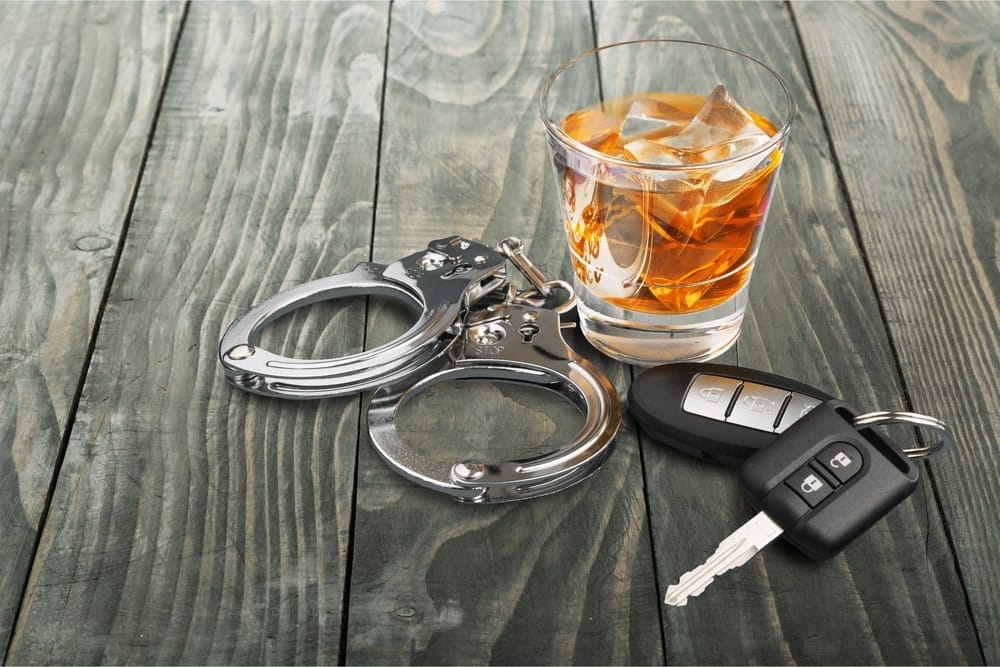Some laws are “per se” laws. They make something illegal because of what it is, regardless of whether it’s actually dangerous, or not. For example, it’s per se illegal for companies that are supposed to be competing with each other to fix the price of what they sell or do. This violates the U.S. antitrust laws, and is considered a form of white collar crime.
However, you don’t have to be an international conglomerate making back room deals to suffer the deleterious effects of per se laws.
Call 207-571-8146 or contact us online to schedule a consult with one of our highly skilled criminal defense & OUI lawyers, serving Southern Maine, today.
Per Se & OUI’s in Maine
Operating under the influence (OUI) is another example of a per se law. In Maine, you commit the crime of OUI if you drive a car while under the influence of drugs or alcohol. You’re considered to be “under the influence” if you have a blood alcohol content (BAC) or 0.08% or above. This makes OUI laws per se laws because, once you’re shown to have a BAC of 0.08% or above, you’re considered intoxicated by law, regardless of whether you’re too impaired to drive. Driving while drunk is the dangerous act – driving with a BAC of 0.08% or greater is not necessarily dangerous but is in fact, illegal.
Understanding what per se laws are, and that OUI is a per se law, is important because different people get intoxicated at different BAC levels. Some people don’t get drunk quickly, and can have a BAC higher than 0.08% and still be almost completely sober. Others can’t hold their liquor as well, and are falling over even though they’re well beneath the legal limit. Per se OUI laws don’t address this difference. All that matters is whether your BAC is at or above 0.08%, and whether you’re driving a car. If this is the case, you’re driving under the influence. It doesn’t matter how drunk you feel, or how well you can drive.
Per se laws, including OUIs, can also be hard to defend against. By focusing on whether your BAC was at or above the legal limit of 0.08%, and not paying attention to how intoxicated you were, or whether you were able to control your vehicle, it’s much easier to show that per se laws have been violated. If you get pulled over and take a breathalyzer test, and it says that your BAC is 0.10%, if won’t matter that you didn’t feel drunk at all. A per se OUI law doesn’t address whether you were feeling “drunk” or “sober,” “buzzed” or “hammered” – it only addresses the issue of whether your BAC was at 0.08% or above when you were driving.
However, there is a light at the end of the proverbial tunnel. Maine’s per se laws say that a .08% BAC or greater alcohol level is prima facie evidence of intoxication. That means that the State need only introduce evidence showing your BAC level, usually through introduction of the Intoxilyzer result. That evidence is rebuttable, meaning that the driver (or his attorney) can introduce any evidence to cast doubt on the reliability or accuracy of the Intoxilyzer result; which means the jury is free to give the BAC test result zero weight if they so choose.
Because of this, per se laws can be unfair. By making it illegal to have a certain characteristic – in the case of OUI laws, a BAC of 0.08% or above while driving – a charge for violating a per se law can be difficult to defend against. You’ll need an attorney with experience and a record of success in the field. William T. Bly has both. Call his law office at (207) 571-8146.
Call 207-571-8146 or contact us online to schedule a consult with one of our highly skilled criminal defense & OUI lawyers, serving Southern Maine, today.


